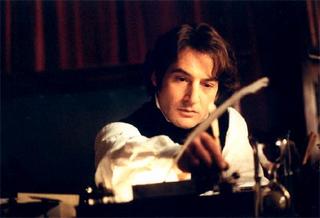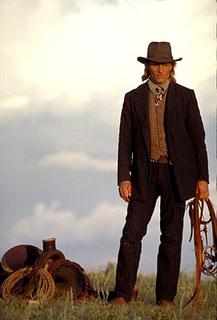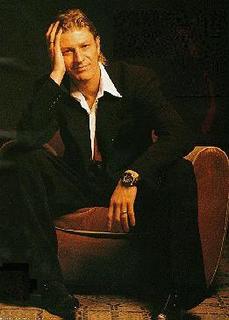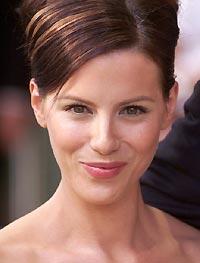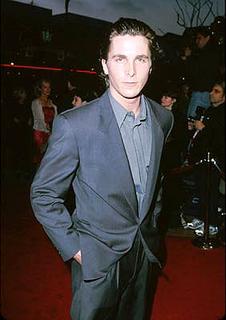Intrical: A Perfectly Cromulent Word?
As best as I can tell, the word speakers mean is "integral," which has several meanings, but the only definition to which I can attach the nonsensical "intrical" is "existing as an essential constituent or characteristic." The pronunciation of "integral" seems to have become confused with "intricate" (which OneLook.com defines as "highly involved or intricate," which is stupid because you cannot use a word in the definition of itself or the definition becomes self-referential to the point of being rendered meaningless and language collapses! Anyway, I have now removed the online reference from my links list).
"Intrical" is not a word, and we who care about language must not stand for it. We ignored "nucular" and it penetrated our government to the uppermost. We cannot allow the same thing to happen here. If someone uses it as a word, call them on it. If you noticed someone with a festering sore, would you ignore it out of decorum? No. It's dangerous and must be treated as such. Don't allow this cancer to destroy the integrity of language, or someday, you may hear the president talk about the collapse of linguistic "intricaty."
Thank you for your help. Tune in next time when I explain the difference between "jive" and "jibe." While your opinion of linguistic integrity may not dance to jazz music with mine, I doubt that's the message you mean to convey.

